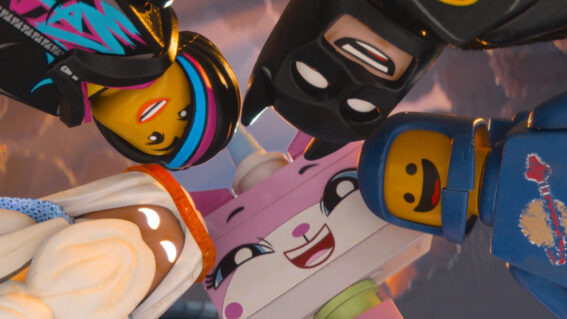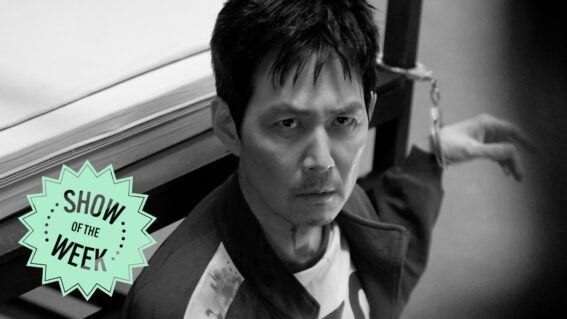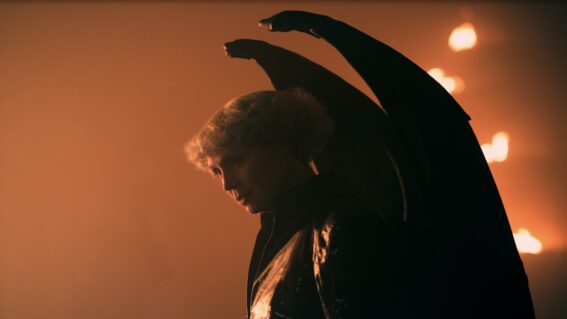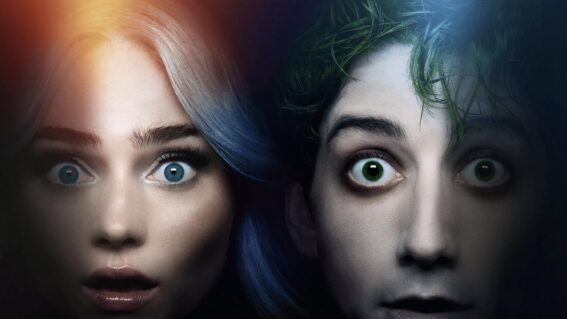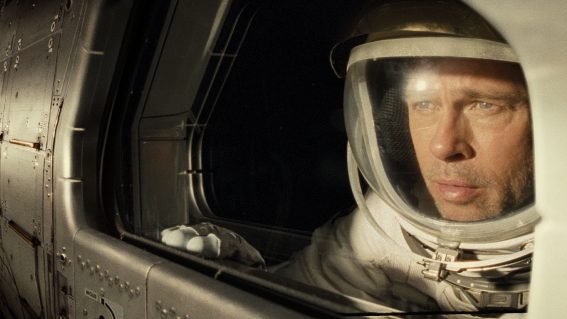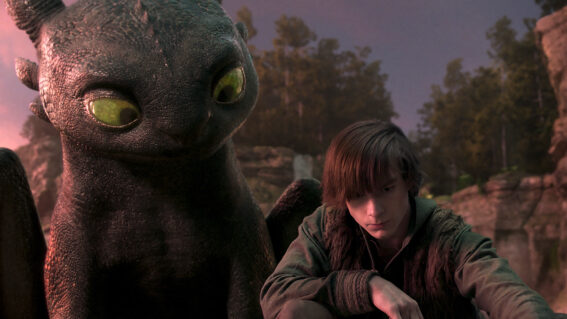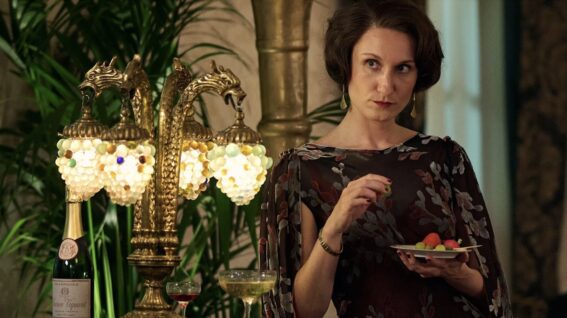HBO’s The Time Traveler’s Wife twists the brain and heart
Who better to captain the teleplay of a loopy, lighthearted time travel series than Doctor Who veteran Steven Moffat?
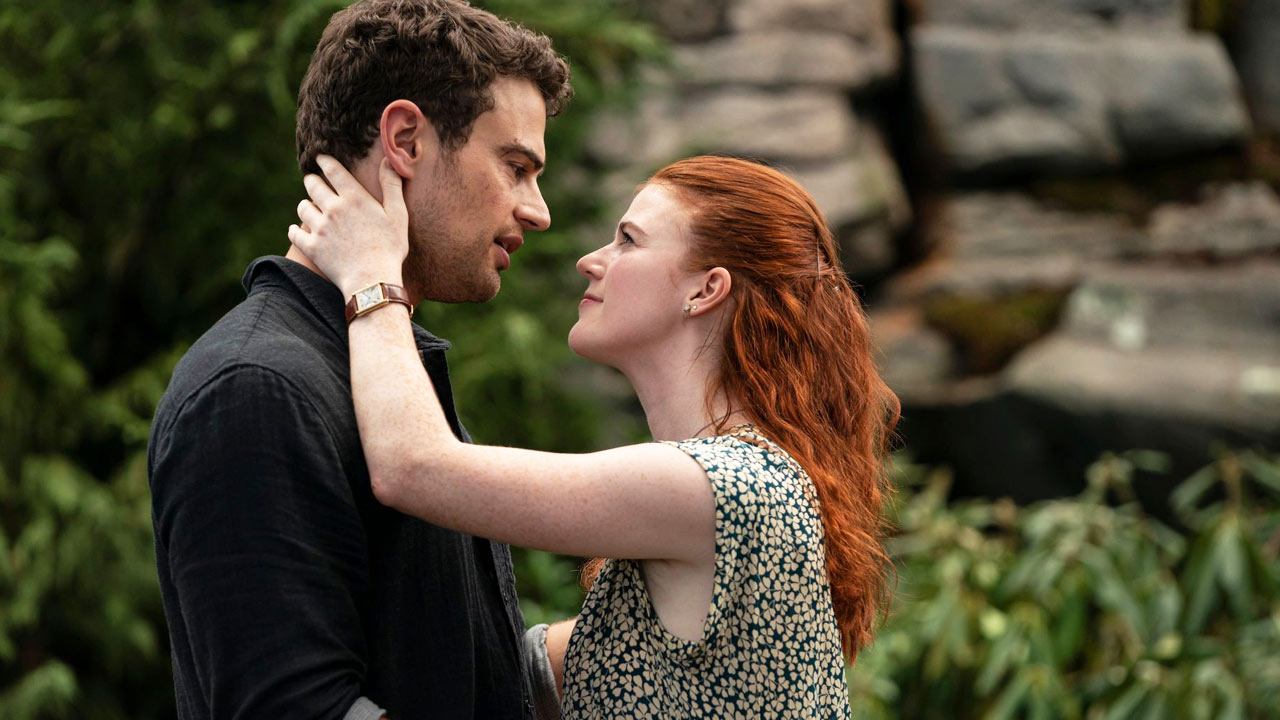
Based on Audrey Niffenegger’s bestselling novel, Rose Leslie (Game of Thrones) plays a woman married to a man (Theo James, Divergent) who suddenly jumps to different time periods in The Time Traveler’s Wife – stream it on Neon from 16 May. As Liam Maguren writes, this new version of the tale twists the brain and the heart concurrently.
Recent straightfaced sci-fi films like Shane Carruth’s Primer, Rian Johnson’s Looper and Christopher Nolan’s Interstellar have galaxy-sized brains that eclipse their cold hearts. And that’s all good—they do what they do well—but they have seemingly encouraged certain audiences to demand air-tight quantum mechanics above all else in any property that dares to include time travel. To this day, you’ll run into passionate debates over the temporal plausibility of Avengers: Endgame—where the linearity of time is questioned more than The Hulk’s biology. It makes you wonder how Back to the Future would have survived such scrutiny if it were released today.
In a move that defies time itself, HBO series The Time Traveler’s Wife manages to turn back the clock by delivering a compelling time travel story that favours emotional warmth over intellectual indulgence—without sacrificing the headiness that makes the genre so fun.
Originally adapted into an unremarkable 2009 film, this reinvention of Audrey Niffenegger’s novel tells the story of the fated relationship between Henry (the titular time traveller) and Clare (the titular wife). Turns out, time travel isn’t all it’s cracked up to be—it’s more of an affliction than a superpower—and the pair don’t really understand how or why he spontaneously disappears out of his clothes and reappears naked in a different time and place.
All they know is that his genes and emotions have something to do with his condition. “Nostalgia’s a bear trap,” Henry describes, meaning any strong positive feeling for someone or something from the past could send him straight back there or somewhere adjacent. The same goes for tragic events which, for Henry, means “Christmas is the worst.”
As Henry, Theo James is finally given a meaty role his chiselled looks and leading man energy demanded (which were previously wasted on the incomplete Divergent franchise). Not only does he get sweaty-butt naked a lot—in great form, too—but he also exudes an effortless charm that salts the core romance with sincerity and peppers the absurd situation with some much-needed humour. His charisma later proves to be a double-edged sword too, one that speaks to a more tragic and careless side of someone who directly perceives the inevitability of the universe.
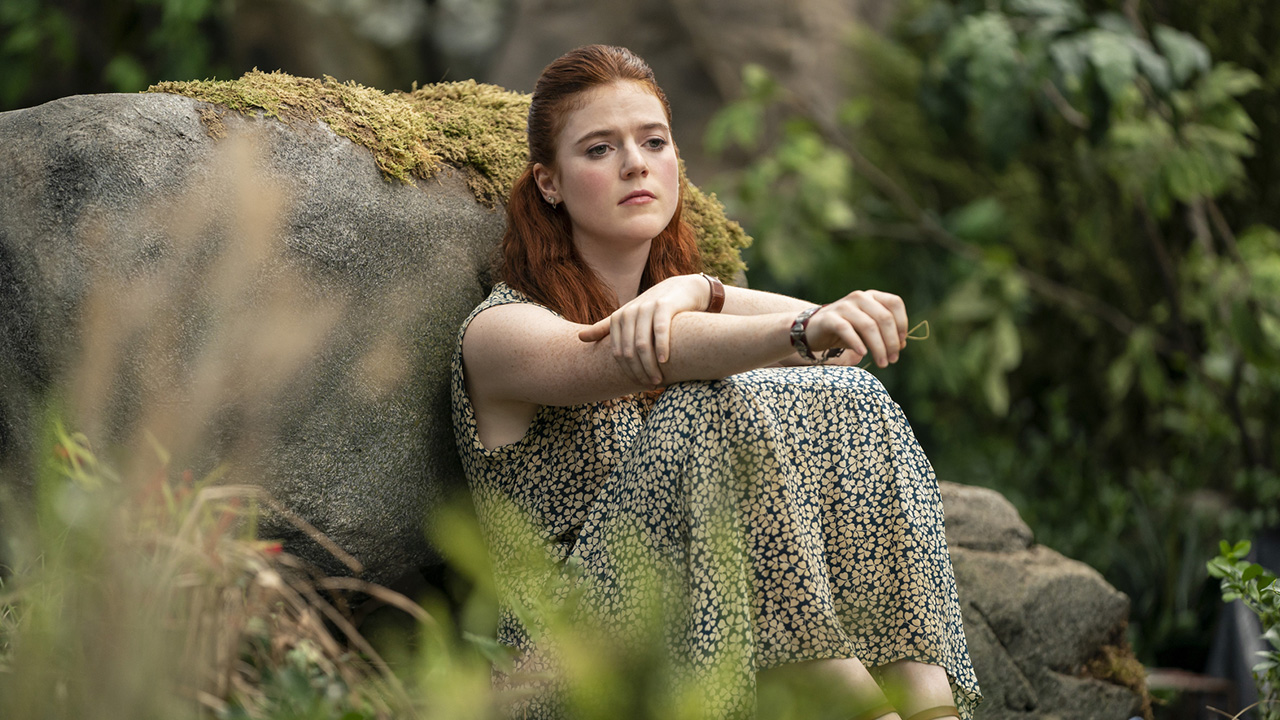
And then there’s his better half Clare, played with verve and vitality by Game of Thrones Wildling Rose Leslie, whose life becomes entwined with her future/present husband. That might sound romantic on the face of it, but the further the show drills into the details of their situation, the less romantic it becomes. While she isn’t directly subjected to doing a nuddie time-warp, Clare’s life is nonetheless involuntarily coiled around his because of this condition.
Like a lot of “first encounters,” the beginning of their relationship is fairly uncomfortable. But unlike any “first encounter,” they have to endure two of them. Henry first meets Clare when he’s a 28-year-old librarian and she’s a 20-year-old Henry fan-girl whose knowledge of him parallels that of an internet stalker. The second “first encounter,” which explains her obsession, sees a six-year-old Clare run into a far more mature Henry, who warns the little girl that he’ll be appearing a lot over the coming years (since he’s already gone through it). As time passes, she grows up while he bounces between his thirties and forties.
He’s a fatherly gentleman throughout Clare’s childhood, doing his best to de-creep a creepy situation while avoiding any talk of them being married in her future. Regardless, it still brings up the point: is this grooming? A lesser show would ignore answering that question in the hopes your brain never asked in the first place. However, in an act that respects our intelligence, The Time Traveler’s Wife charges into the issue directly—and is far more thought-provoking for doing so.
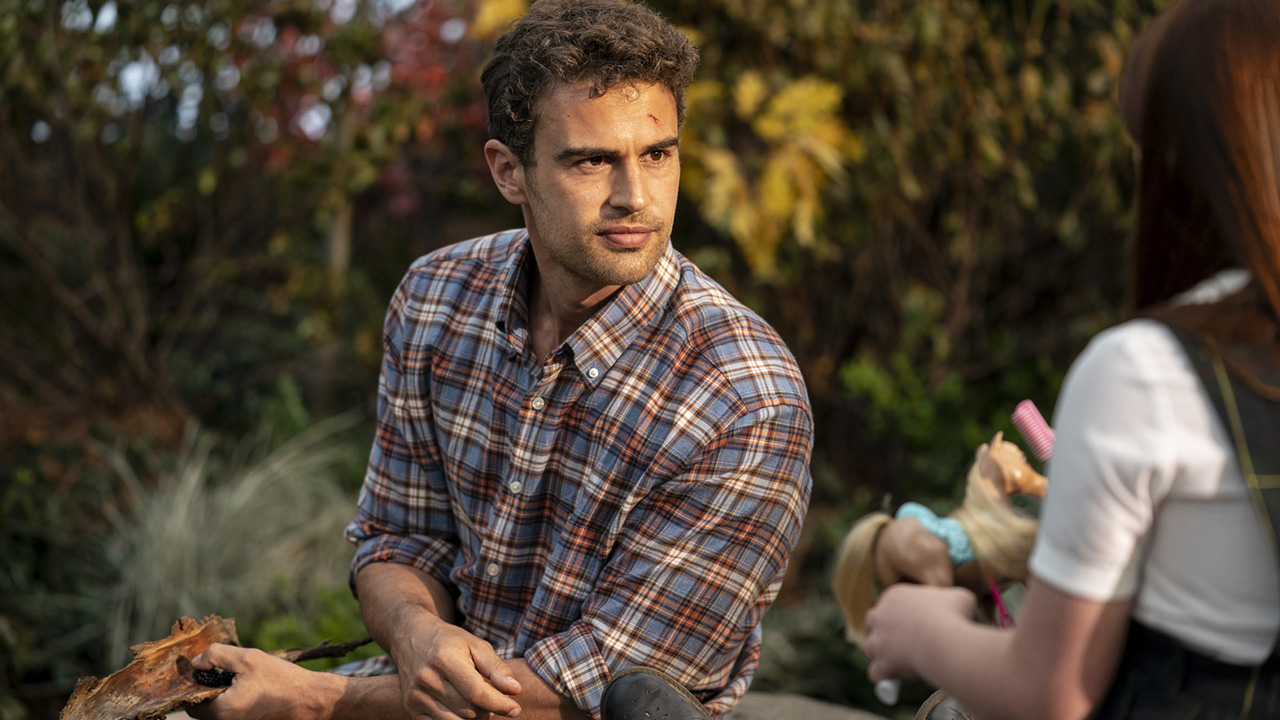
Twisting the heart and the brain concurrently, the show’s age-crossing narrative draws some more light-hearted and entertaining scenes of relationship angst and self-reflection. One of the best examples sees young man Henry being called a douchebag by his 8-year-old self, his 36-year-old self, and 20-year-old Clare. All three are justified for slightly differing reasons.
Impressively, James and Leslie make for convincing 20-, 30-, and 40-year-old versions of their respective characters with the makeup and hair departments doing an excellent job with various ageing cosmetics. From a twentysomething edge-lord to a middle-aged gent, James shades Henry with distinctive segments of maturity while Leslie imbues Clare with gradual wisdom that guides her from a hopeless romantic to a battle-hardened spouse. It’s a dream role for both of them, going all in with layered performances that help twirl up and tie down the show’s spaghetti noodle narrative with a pointed sense of humanity.
Unfortunately, there’s no avoiding Leslie’s inability to look like a convincing teenager. Not everyone can have access to that blockbuster de-ageing technology, but it’s still a bit of a distraction, though casting fellow adults as her “teenage” peers means she doesn’t stick out like an overgrown thumb.
The show’s cunning tone, a weaponised brew of rom-com levity and romantic fantasy, also helps with the much-needed suspension of disbelief. While the forgettable 2009 film took Niffenegger’s deliciously wild concept far too seriously, this show’s more aware of the silly sci-fi concept driving the story. And who better to map out the teleplay than Doctor Who veteran Steven Moffat, a man who helped successfully regenerate the silliest of time travel sci-fis for a 21st-century audience?
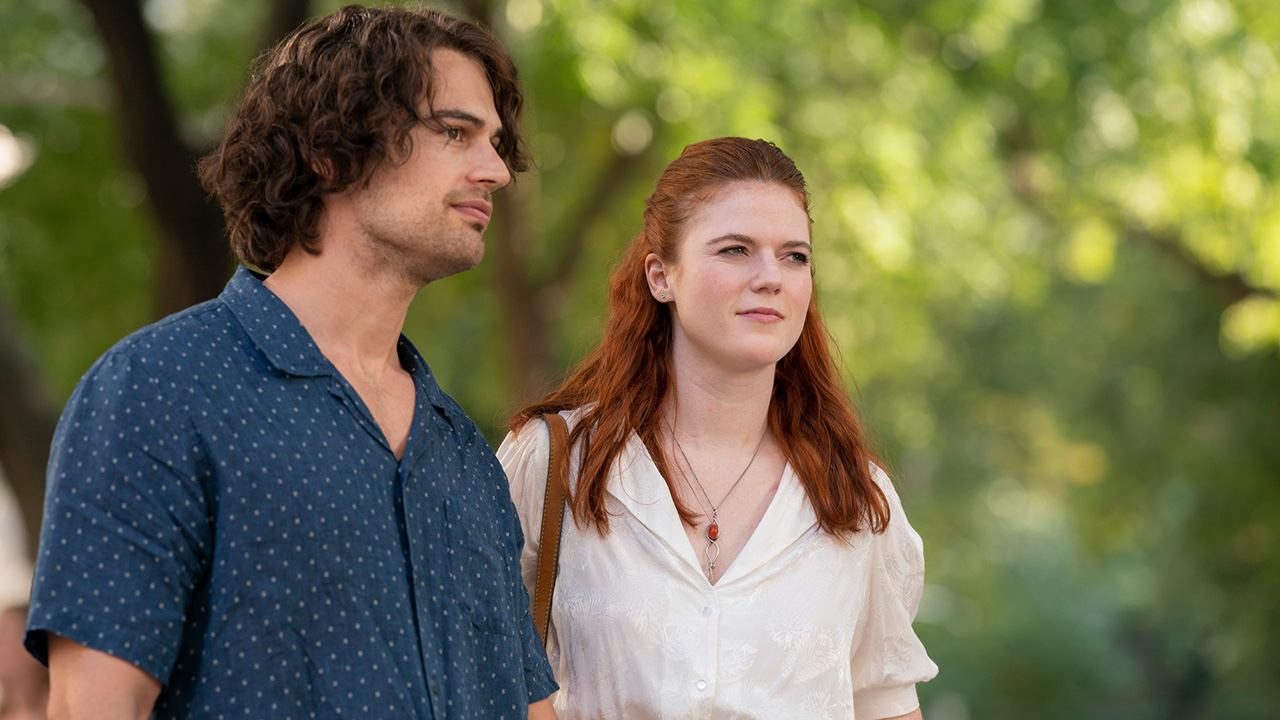
As Moffat has proven with The Doctor’s mono-verse of madness, a lighthearted tone and compelling characters will guide almost any loopy idea home. One consistently amusing trend sees the Henrys interacting with absolute disdain for one another while Clare carries distinctly separate feelings for them. They’re fun and playful sequences of insecurity and ego-deflation that also illustrate a very human truth: we are different people throughout our lives.
Though the show swirls around Henry and Clare’s identities in interesting ways, it’s their relationship that remains the beating heart of the series. James and Leslie share steamy-hot chemistry in the moments that demand them. However, like in every relationship, it’s the moments outside the sex and romance that most demonstrate their bond. No matter how rough things get, they learn to carry the affliction together and work through whatever problems they come across, whenever they come across them. Like with any worthwhile relationship, that’s what gives their eventual marriage such strength and such sweetness.
Ending with a surprisingly tense wedding, all six episodes of The Time Traveler’s Wife keep the head buzzing with its “time dyslexia” conceit while anchoring the heart with its true-to-life depiction of a functioning relationship. And even though it teases the potential for future episodes, it’s told in a way that feels conclusive and satisfying for this season.







